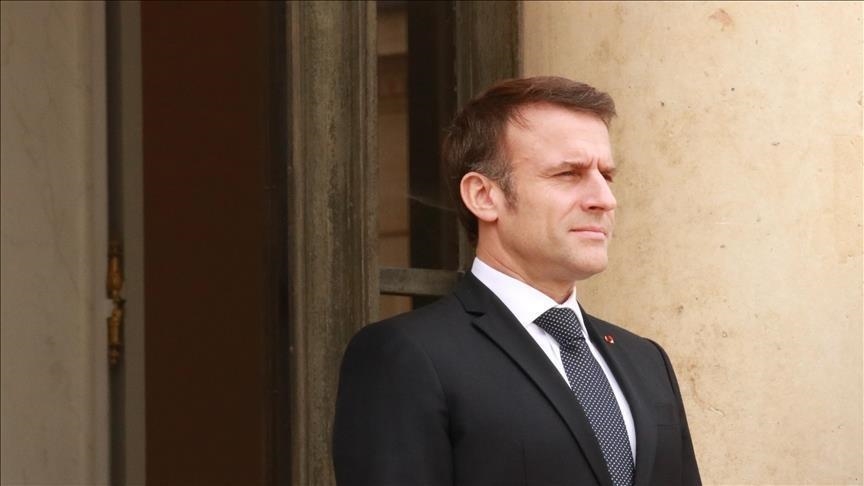Reform in the educational curriculum
The curriculum has important purposes in addition to imparting knowledge:
Training obedient citizens;
Citizens who believe the state is the prime guarantor of their existence; and
Citizens who think the citizen is for the state, not vice versa.
For that purpose the educational system is based on the relation between the master (teacher) and the apprentice (student).
There is only one knowledge, and the master commands that knowledge.
Thus there is only one answer to each question.
The master is there to ask the appropriate question and to give the only answer. The duty of the master is to convey the knowledge she or he commands at the appropriate level to the student.
The duty of the student is twofold:
1) To observe the rules that carry discipline — to obey the authority represented by the teacher in the classroom.
2) To obtain knowledge — to memorize what the teacher says.
In order to maximize these two duties the student must not:
1) question the rules that guarantee discipline;
2) ask questions that challenge the sole knowledge; and
3) act on his or her own to gain knowledge, i.e., do individual research.
Finally, the student must not become an individual but should be a typical photocopy of the original that exists only in the mind of the master.
Last week, Education Minister Huseyin Celik announced that the entire basic education curriculum would be thoroughly changed.
He explained the basic purpose for the change: "The fundamental target is not to train obedient servants. The target is to develop a skeptical mind. If you load dogmas on people, they will start life with already-found truth and thus by never questioning, they will never aid in scientific research."
As regards religious classes, he said: "The essence of religious classes will be `learning about religion’ not `learning religion.’ That is the correct way. `Learning religion’ is something else, and as religious classes are a must according to the Constitution, one must teach religion to not only Muslims: Jews, Armenians and atheists must also take these classes. Then the purpose should be to teach comparative religion. For example, students must learn about Buddhism. Students should be able to learn about the Alevis. We should teach all religions without taking sides and without telling the student which is right, which is wrong. The student must be able to make up her or his mind. We will also not urge students to memorize verses from the Koran."
The minister also said the knowledge imparted to students will be scrutinized and that unnecessary and useless knowledge will be eliminated from the curriculum.
Celik summarized his purpose with an example: "If you claim you are teaching the sole truth and tell students that thinking is no good, that’s like inviting people to dinner but telling them, `You may have a boundless appetite, but the menu is fixed’."
The minister also said: "The common denominators of our republic will be the soul of this curriculum. There will be no deviation."
If Turkey wants to change, we should start with our people. Then education becomes the center of the target called modernization.
But education is also the bastion of the status quo.
They will do their best to avoid giving up their mode of educating and training people.
I congratulate the minister for his work and wish him a lot of luck and guts!


